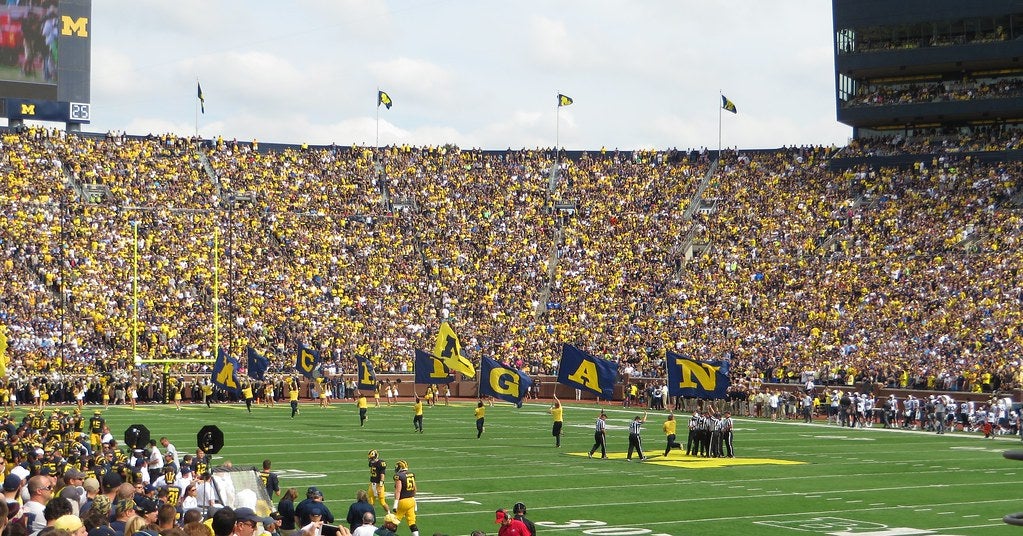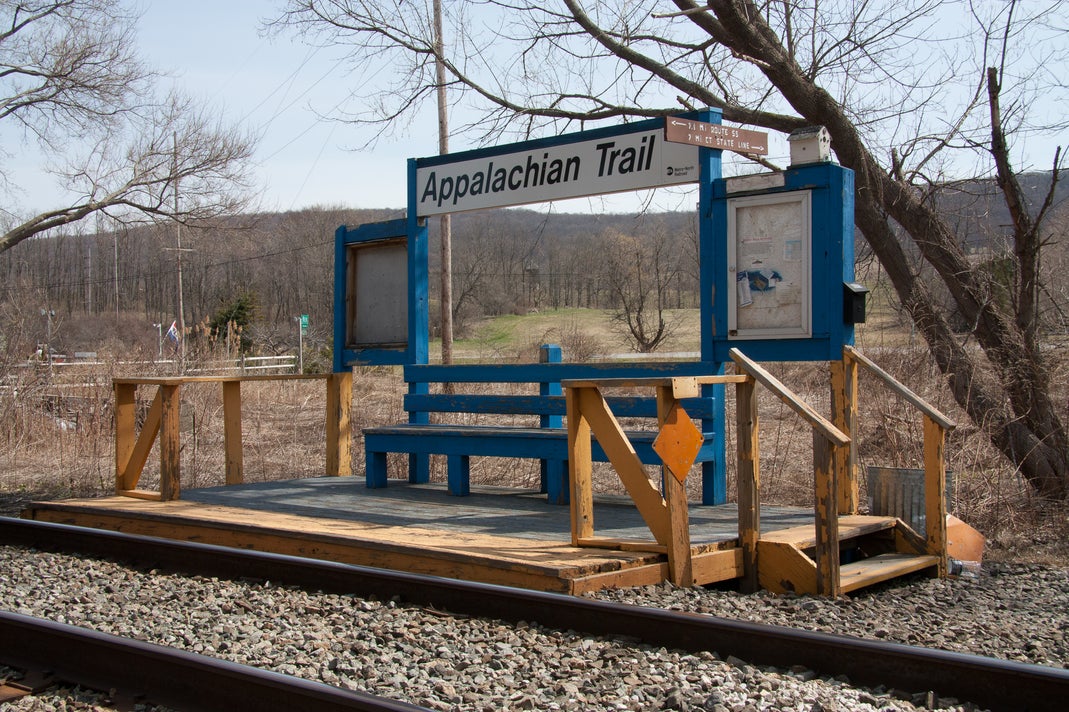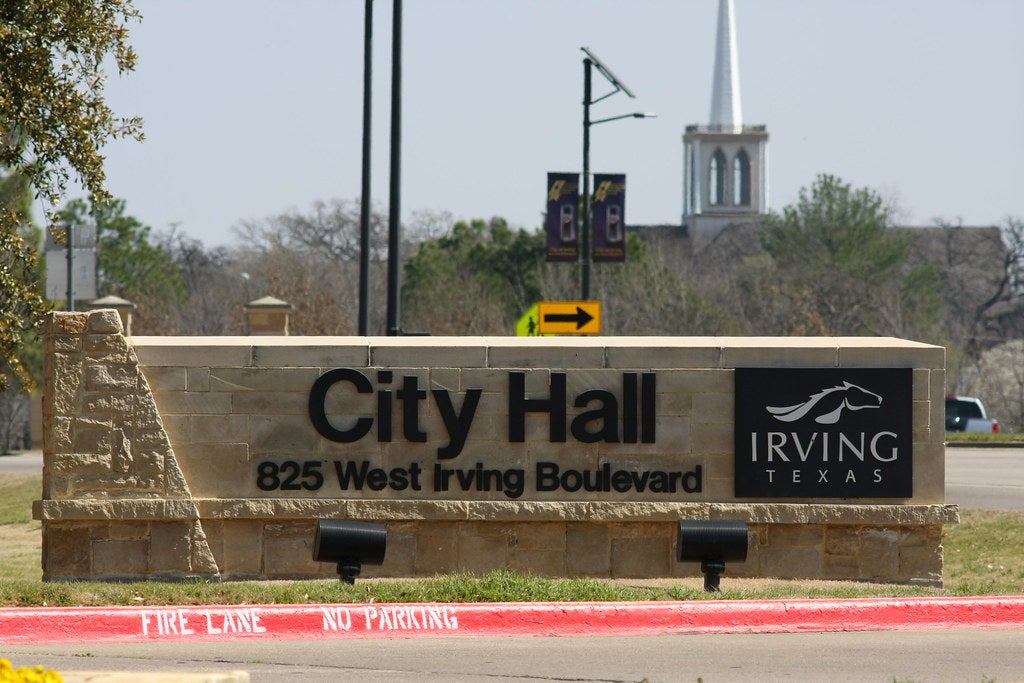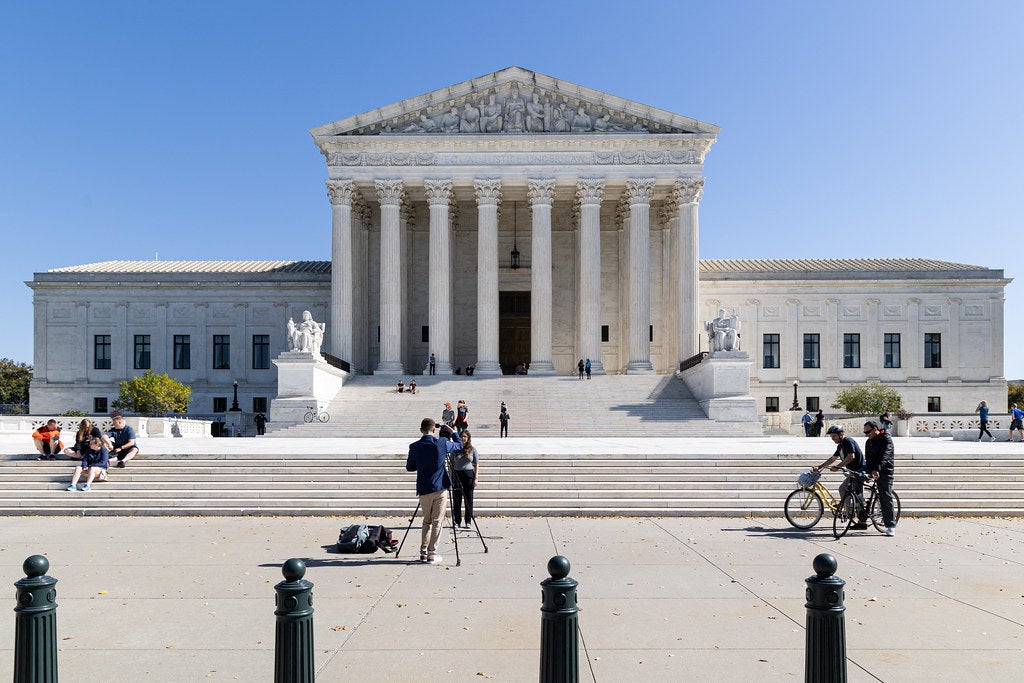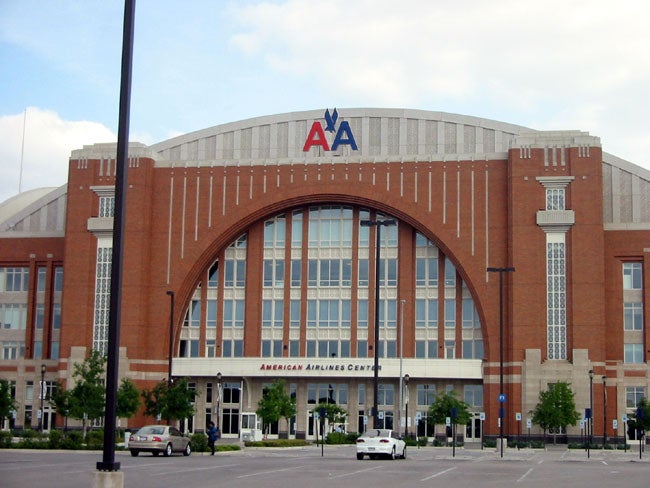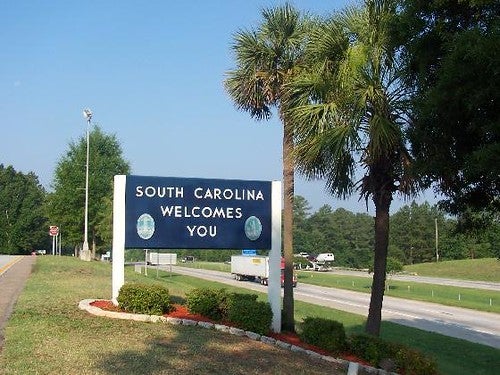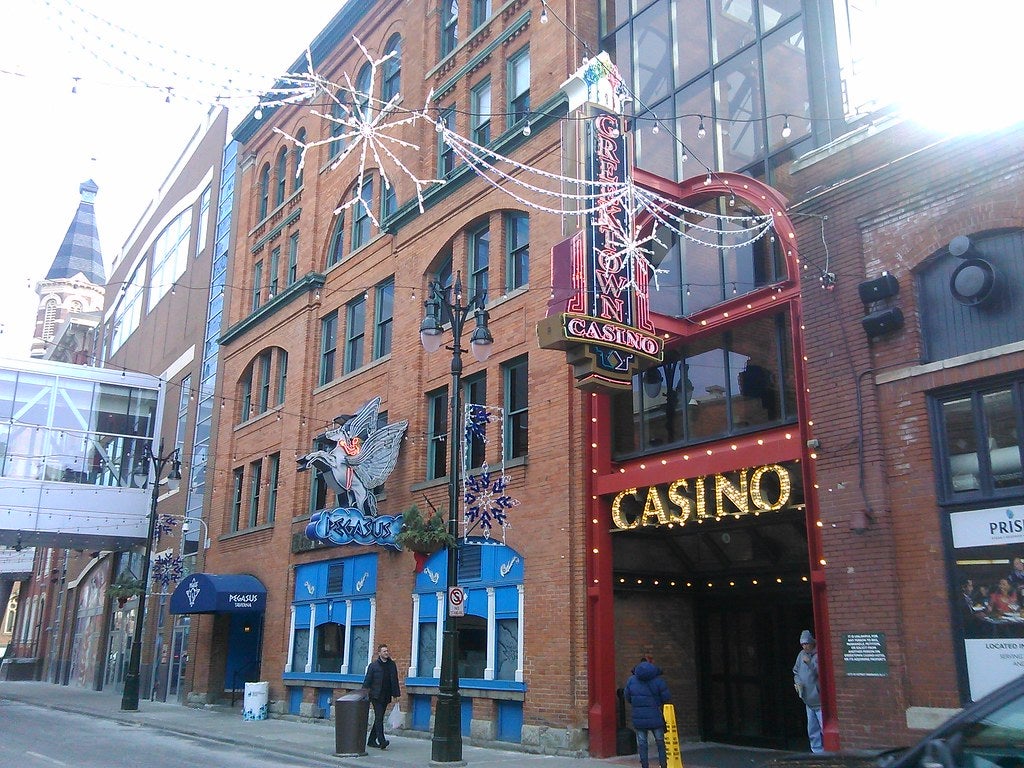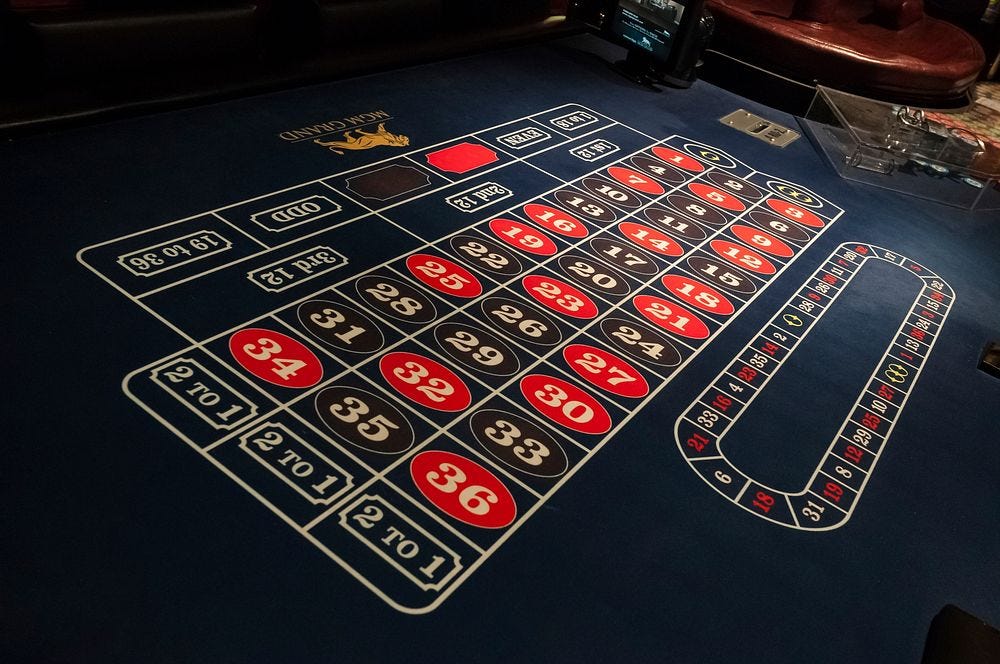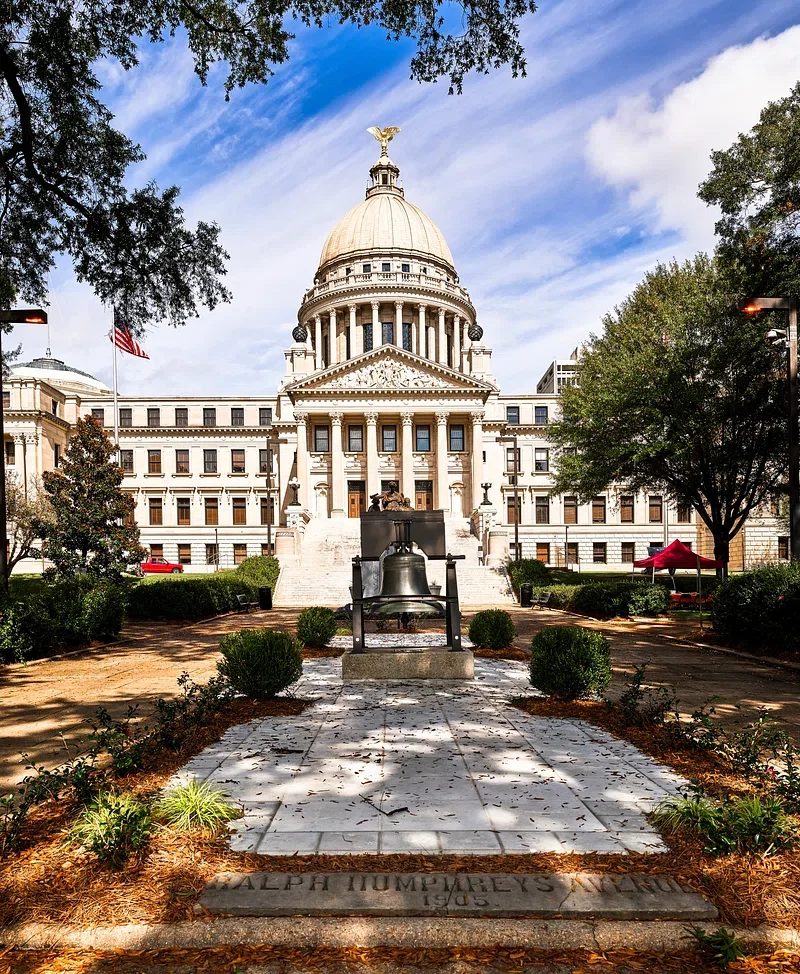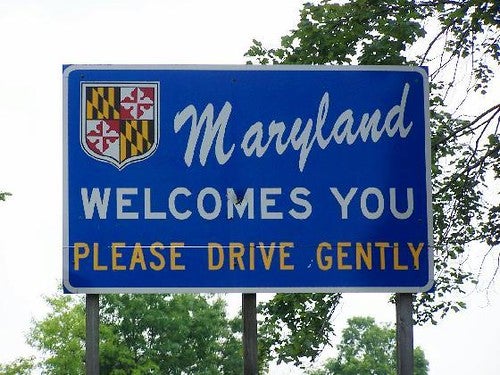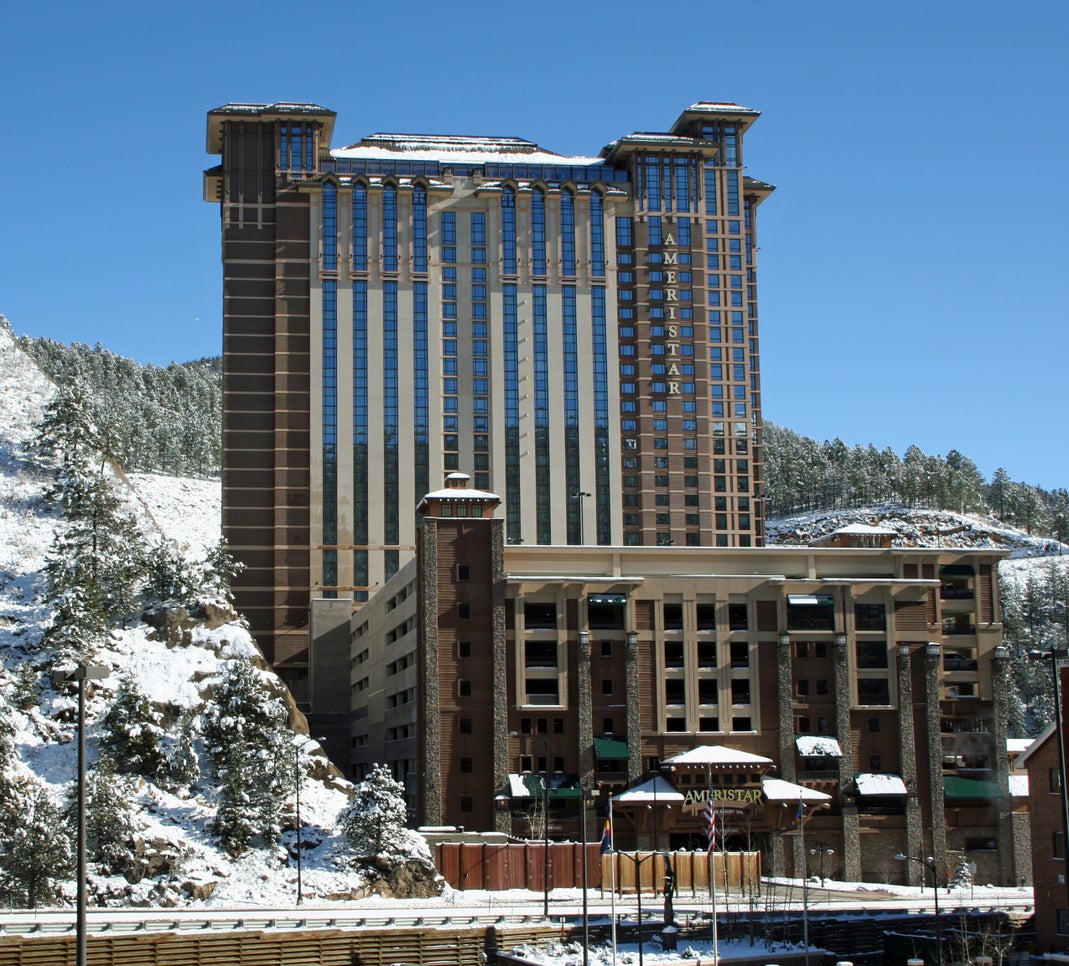Falling at the final hurdle
One of the reasons for the expedited timeline involving HF 144 involves Linn County, home to Cedar Rapids.
The Iowa Racing and Gaming Commission is scheduled to meet in Altoona on Thursday to discuss a potential casino license for a $275 million project in Cedar Rapids. The legislation approved by the House and that went before the Senate would’ve rendered this meeting useless, since it would’ve blocked the state from awarding new casino licenses.
A three-member Senate committee voted on Tuesday morning to advance the bill to the full Senate for a hearing. However, Rozenboom, who also served as the State Government Committee Chair, later released a statement that said it would not make any more progress.
“Today, I chose not to bring forward HF 144 in committee,” said Rozenboom. “I am no fan of gambling and my decision not to advance this legislation should not be considered in support of casino expansion.
“According to my conversations, this bill did not have enough support from Senate Republicans to advance all the way through the Senate process. In the interest of moving this session forward to other issues of critical importance to Iowans, I have no plans to reconsider the legislation for the remainder of this session.”
The bill’s failure means that the state gaming regulator may choose to award a new casino license as early as immediately following Thursday’s meeting.
Pulling both ends of a rope
One of the chief concerns presented by critics of the Linn County casino is the negative effects that would be felt by Iowa’s 19 existing casinos.
Details of House Study Bill 80, which was approved by the House, said that casino applicants would be denied licenses if their planned facility would cause an estimated decline of receipts equal to or exceeding 10 percent. They would also be denied a license if their planned facility would negatively impact shareholders of existing casinos.
A study from Marquette Advisors suggested that Riverside Casino would lose $34 million as a result of a Linn County casino. They also estimated $14.1 million and $8.8 million in losses for Meskwaki Bingo Casino Hotel and Isle Casino in Waterloo.
Even if the Senate signed off on the moratorium, the legislature would’ve needed final approval from Gov. Kim Reynolds.
Reynolds never indicated support or opposition to the moratorium.








